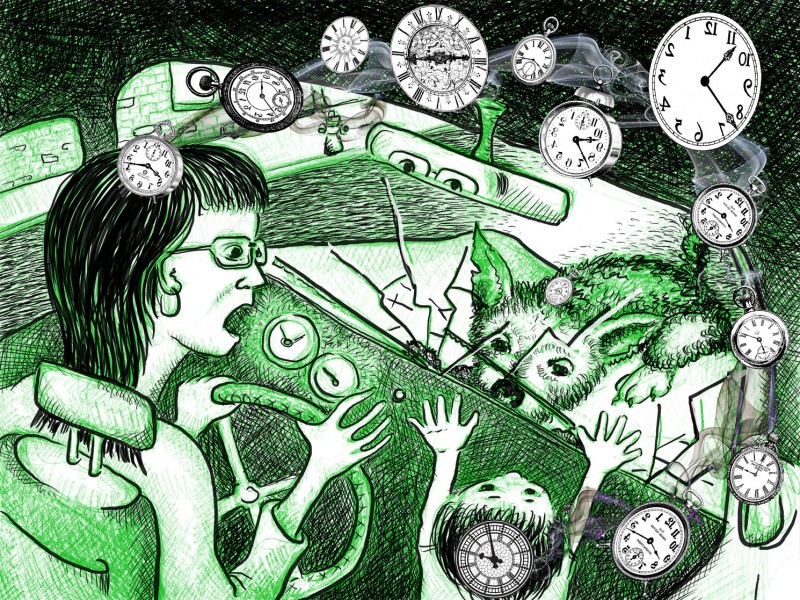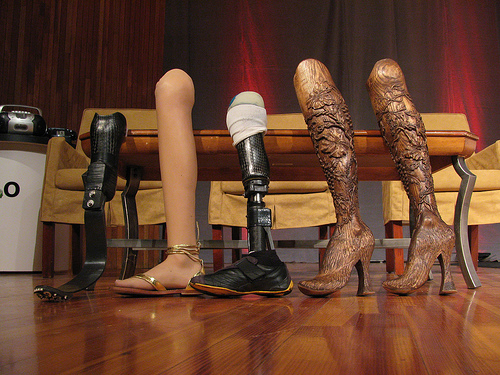Interfaces.com was given a free advanced preview of Thomas Erickson’s report and videos on social computing. The videos are very well produced and provide an interesting point of view and good insights on social media. Below are few of my notes based on the video content and ideas discussed on this blog in the past (my former students should find these familiar). Social Media Definitions & Ideas Social Computing: this is really about groups working together using ICT (Information Communication Technologies). I think this is a broader definition then the one offered by Thomas Erickson, as it includes all forms of ICT. Social Scaffolding: we all have a set of social scripts — culturally-specific, socially constructed norms of behavior — that help us navigate group interactions and allow for self-organization of crowds, at least shot-term and for a limited goal (like crossing the street). [Please watch Dr. Erickson’s example of street crossing in “Video 4.3: Social Computing video 3 – Face-to-face Interaction as Inspiration for Designing Social Computing Systems”.] Product design needs to create opportunities for social interaction — these scaffolds have to be built into the system: meeting spaces, places to sit down, well-lit areas, easy communication tools, games,…
There's a word for that?
A Dictionary of Cool Words That Hide True Feelings & Meanings from Parents Many of the strange vocabulary words, that…
Read more →







